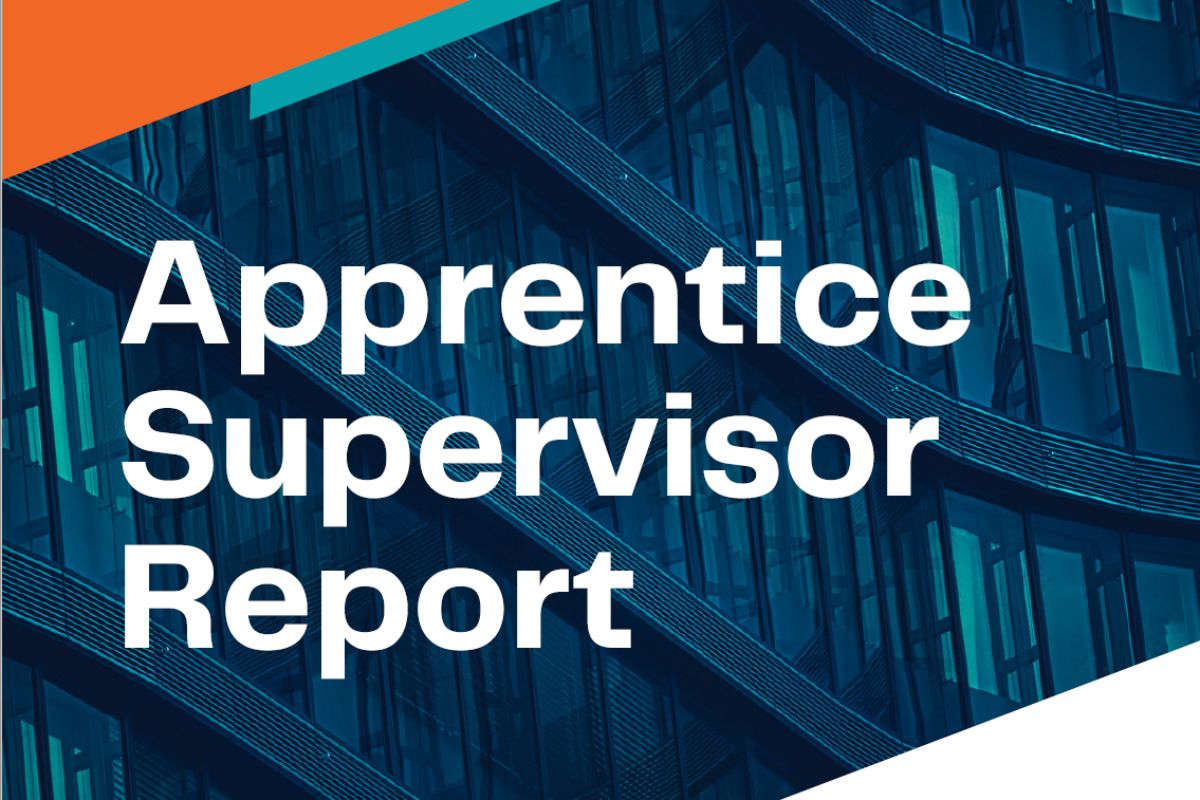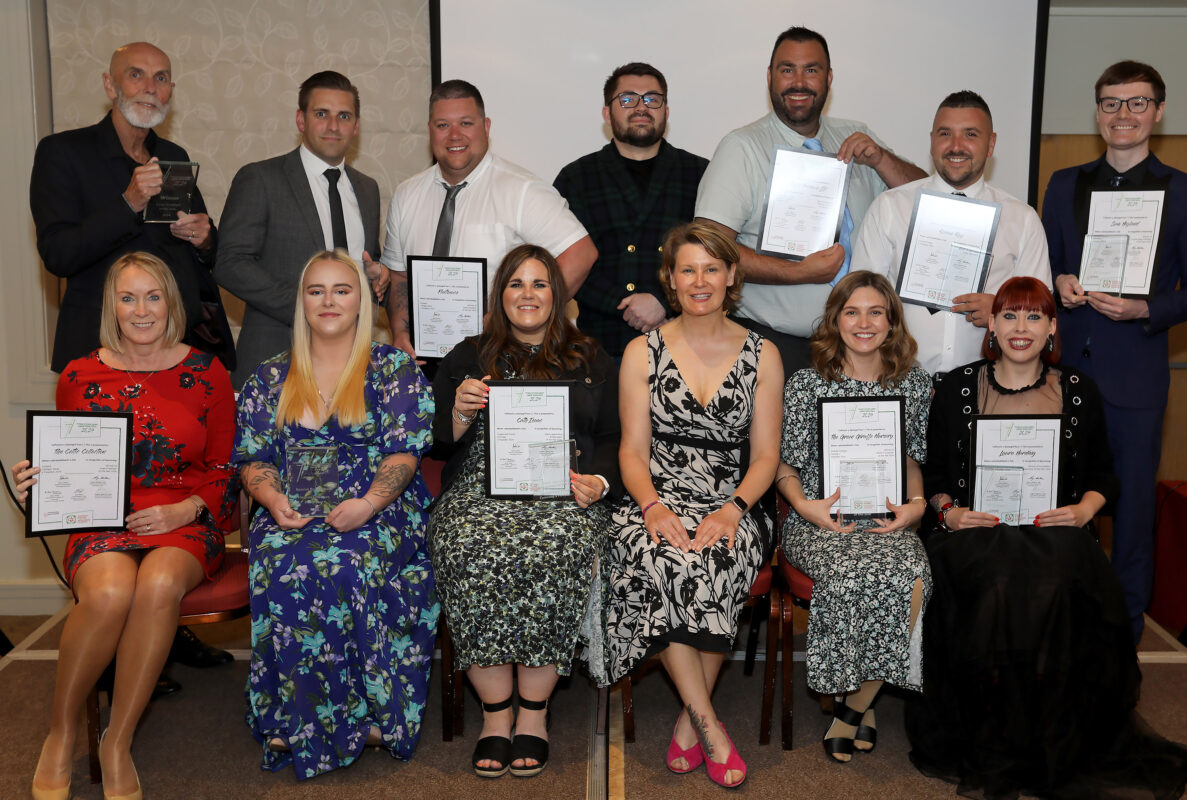Education for a world of opportunity

In this article, Robert Harrison from ACS International Schools, discusses the outcomes of a new report, which focuses on what the purpose of education should be to ensure students leave school future-ready.
If we have learned anything in the last five years, it is that the world is changing, and changing fast. New disciplines and previously unimagined job roles are continually emerging and the skillsets and abilities that employers value today, may or may not be valuable tomorrow. As global industries continue to adapt, it is our responsibility, as educators to ensure that education is also keeping up with this change, so that students are prepared to face the challenges of tomorrow’s world.
So, we must ask: ‘What is the purpose of education today?’.
To help answer this question and better understand the skills and people that will be valued in the future workplace we, at ACS International Schools, collaborated with IBSCA to commission a piece of research – Education for a World of Opportunity – to obtain the opinions of decision makers from British Small and Medium-sized Enterprises (SMEs) – which account for 99.9 percent of all businesses in the UK – as well as leading global organisations, such as Amazon and Pepsi Lipton.
Here is what the data tells us.
The role of education
The debate about the validity of national curriculums and the role of educations is nothing new, yet has heightened in recent years following the pandemic and in the midst of the climate crisis, wars and political events. The general consensus from the report shows that in order for students to confidently engage with tomorrow’s issues they need a holistic education. Over two-thirds (68 percent) of SME business decision makers surveyed said that they believe the purpose of education is to develop people into decent human beings rather than into efficient workers.
Furthermore, skills such as communication (88 percent), open-mindedness (72 percent), an inquiring mind (78 percent), and critical thinking (76 percent) are all ranked by SME decision makers as more important than subject knowledge (69 percent). It can therefore be concluded that employers are looking for students with an education that provides a versatile approach and develops the whole person.
SME decision makers were also asked to consider whether it is the role of schools or families to develop students into responsible members of society. While 17 percent said that schools cannot be expected to dedicate valuable teaching and learning time to charitable and community activities, 36 percent believe that charity work should be part of the school curriculum.
By developing these core skills, alongside subject knowledge, we can ensure that students are prepared not just for one occupation, but a lifetime of learning and employment. At ACS International Schools, we offer International Baccalaureate (IB) programmes to ensure that our students reap the benefits of a broad, yet balanced curriculum. Each of the four programmes provides an education for our students that is fit for purpose now and into the future.
Experience of international-mindedness
Alongside the role of education, the research questioned the importance of international-mindedness. The results show that, when recruiting entry-level candidates, 40% of SME decision makers say that a young person’s demonstration of international-mindedness is “important” or “very important”. In an increasingly globalised world, it has never been more important for education to break down geographical boundaries and give students the opportunity to connect globally. By enabling this through the school environment, we are ensuring that young people have the ability to practise positive values and exercise cultural empathy – all while enhancing employment opportunities.
Recruiting parameters
As the research reveals, having subject knowledge in isolation is no longer enough to thrive in the world of work but how important and valued is it generally? Just a quarter of SME leaders believe that having subject knowledge is very important, favouring the development of personal (37 percent) and professional skills (32 percent) instead.
This means that for students to succeed in the world of work, they will need to have the right attitude, adaptable skills and cultural sensitivity. At two of our campuses we, along with 40 other independent and state schools in the UK, offer the IB’s Career-related Programme, which prepares students for a future in businesses and industries that require self-confidence and accomplished professional skills alongside technical knowledge. Most importantly, it features real-world approaches to learning, so that our students understand the relevance of what they are being taught, which only increases engagement.
A technology driven economy
The findings of the research show that students must learn to embrace technology in order to thrive in the future workplace. 60 percent of SME decision makers expect new recruits to have core IT skills, and over a third believe it is everyone’s responsibility to be aware of technological developments that can benefit their organisation.
So, it is clear that schools and educators must look to use technology to enhance learning and teaching – especially with the latest developments in AI – to help students make ethical decisions about it and how to use it.
Looking ahead
Using this research as a springboard into the future world of work, schools and employers need to re-frame what it means to educate for a world of opportunity. What might be in a future-ready curriculum that combines understanding and skills in a technology-driven society? As the data suggests, students need a well-rounded education that gives them the tools to develop sought-after personal and professional skills, so they leave school and can thrive in the global marketplace. Armed with this information, educators can make informed decisions about approaches to learning and teaching. And, while I doubt that any school can develop students who are future-proofed, we can certainly help to make them future-ready.
By Robert Harrison, Director of Education and Integrated Technology, ACS International Schools
FE News on the go…
Welcome to FE News on the go, the podcast that delivers exclusive articles from the world of further education straight to your ears.
We are experimenting with Artificial Intelligence to make our exclusive articles even more accessible while also automating the process for our team of project managers.
In each episode, our thought leaders and sector influencers will delve into the most pressing issues facing the FE sector, offering their insights and analysis on the latest news, trends, and developments.











Responses